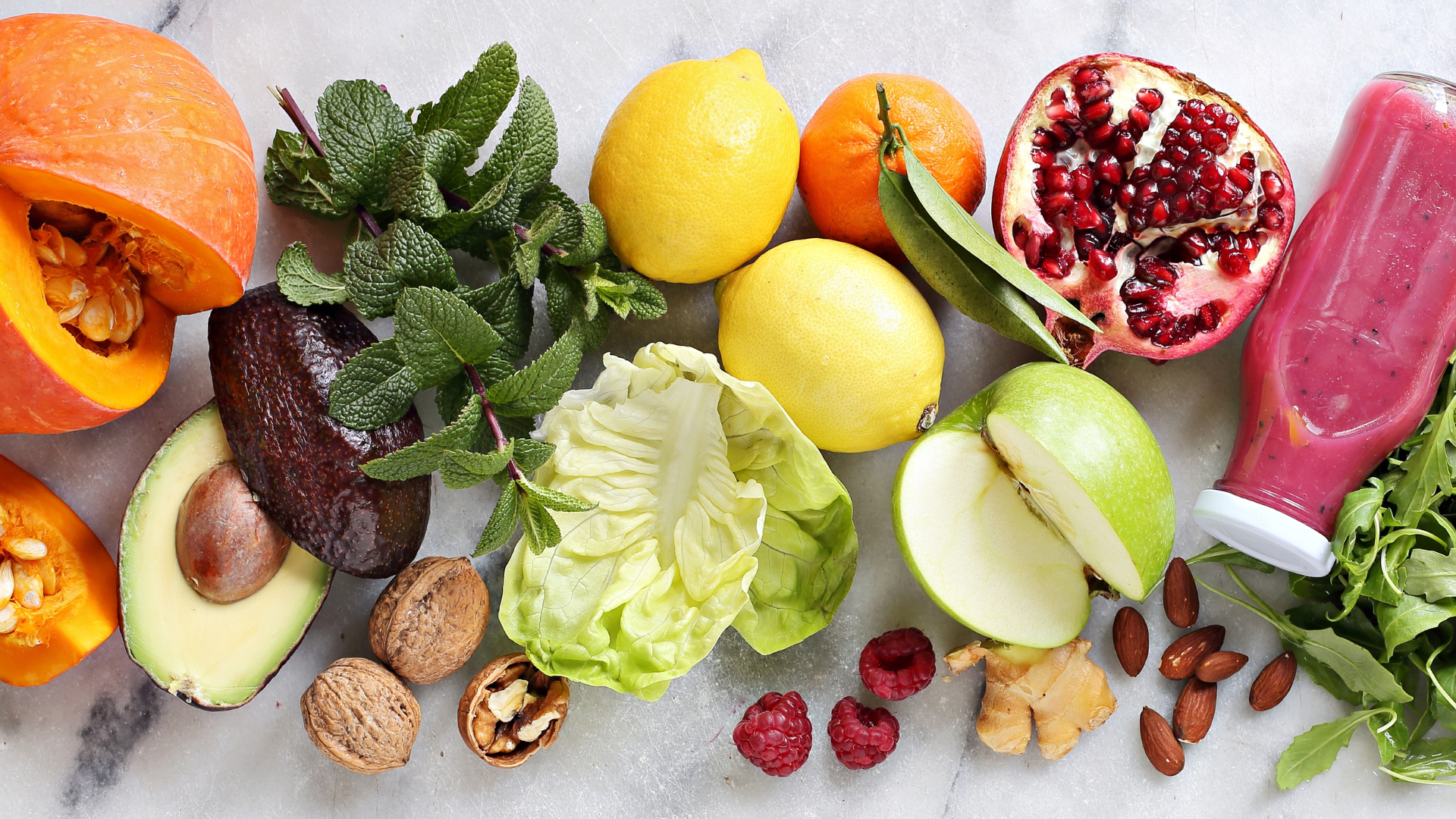In order to be on the road to a healthy lifestyle, we should consider turning our lifestyle into a plant-based diet. The more time we spend learning about food and cooking, the better off we will be in the long run. In this article, we will introduce plant-based cooking and understand the benefits it provides not just to our bodies but also to our overall health.
What is Plant-Based Cooking?
Plant-based cooking, or plant-based diets, are diets that exclude animal products, including meat, poultry, fish, and eggs. These diets typically involve eating mostly plants, with a small amount of added oil or other animal products. Some people follow vegan or vegetarian diets that omit all animal products. Others consume smaller animal products and still consider themselves on a plant-based diet.
Benefits of a Plant-Based Diet
There are many physical and mental benefits to adopting a plant-based diet. Here are just a few:
Reduced Risk Of Disease
A plant-based diet is packed with antioxidants, which can help protect our body against diseases like cancer. Researchers at the University of Minnesota found that people who ate the most fruits and vegetables had a 60% lower risk of developing colon cancer than those who ate the least.
Lose Weight and Reduce the Risk of Obesity
Adopting a plant-based diet is one of the simplest ways to lose weight and prevent obesity. Plant-based foods are high in fiber and low in calories, so we will be less likely to overindulge in them. Plus, they’re loaded with nutrients like potassium and magnesium, which can help regulate blood sugar levels and promote weight loss.
Improved Digestion and Reduced Risk of GI Problems
A plant-based diet is rich in fiber, which can help improve our digestion. Fiber also helps keep our bowel movements regular, reducing our risk of GERD (gastroesophageal reflux disease) and other gastrointestinal problems.
Reduce Intake of Toxic Chemicals
A plant-based diet is low in toxins, which can help reduce the risk of developing cancer, heart disease, and other chronic illnesses. Plant-based foods are also high in antioxidants, which can protect our bodies against damage caused by toxins.
How to Start a Plant-Based Diet
To get started, we recommend starting with the basics. Try simple vegan meals like quinoa bowls or lentil soup. These recipes are easy to follow and give an excellent introduction to plant-based cooking.
Next, try out some of the more complex dishes featured in this guide. For example, try roasted Brussels sprouts with maple syrup or brown rice risotto with kale and cannellini beans.
These recipes are packed with flavor and nutrients, making them perfect for any meal or occasion. Finally, remember that no one type of plant-based cooking is suitable for everyone. So don’t be afraid to experiment! Try it now!
All Time Favorite Plant-Based Meals
Try warm lentils with roasted tomatoes and veggie broth for a quick and easy meal. This dish is hearty and filling, perfect for cold days or evenings when we don’t feel like cooking too much.
For something more elaborate, try this fantastic black bean shepherd’s pie made with mashed sweet potatoes, whole wheat crusts, and creamy vegan gravy. It’s sure to be a hit at the next dinner party!
If one is in the mood for something savory but not heavy, try this delicious quinoa bowl topped with crispy roasted Brussels sprouts and creamy avocado dressing. It’s perfect for lunch or as a light supper.
If one is craving excitement in the meal, try this incredible curried cauliflower rice dish with sauted onions and green bell peppers in a rich curry sauce. It will surprise and delight the guests – we guarantee it!
Drawbacks of a Plant-Based Diet
There are a few drawbacks to adopting a plant-based diet. First and foremost, getting enough protein on a plant-based diet cannot be easy. This is because many plant-based foods are low in protein.
Second, many people find that transitioning to a plant-based diet is hard work. It can require significantly more time and effort than sticking with their current meat, dairy, and egg diet.
Finally, one must be aware of potential side effects when following a plant-based diet. Some common side effects include constipation, diarrhea, fatigue, and mood swings.
Overall, there are many benefits to adopting a plant-based diet. It can help reduce our environmental impact, improve our health, and save money. However, it’s essential to be aware of the drawbacks before switching.
Try Something New and Start Cooking with Plants
We hope that this guide helped us learn about plant-based cooking. There are a few things to keep in mind when cooking plant-based:
- Use plenty of flavorful ingredients.
- Don’t be afraid to experiment.
- Be patient-it may take some time for the food to taste as great as traditional meat dishes.
When it comes to seasoning, remember that herbs and spices work well with plants, too, so feel free to use them liberally. And lastly, if one struggles with the recipe or finds it challenging to follow, don’t hesitate to reach out for help. There is no shame in asking for help from those who know more than us about cooking vegan food!

